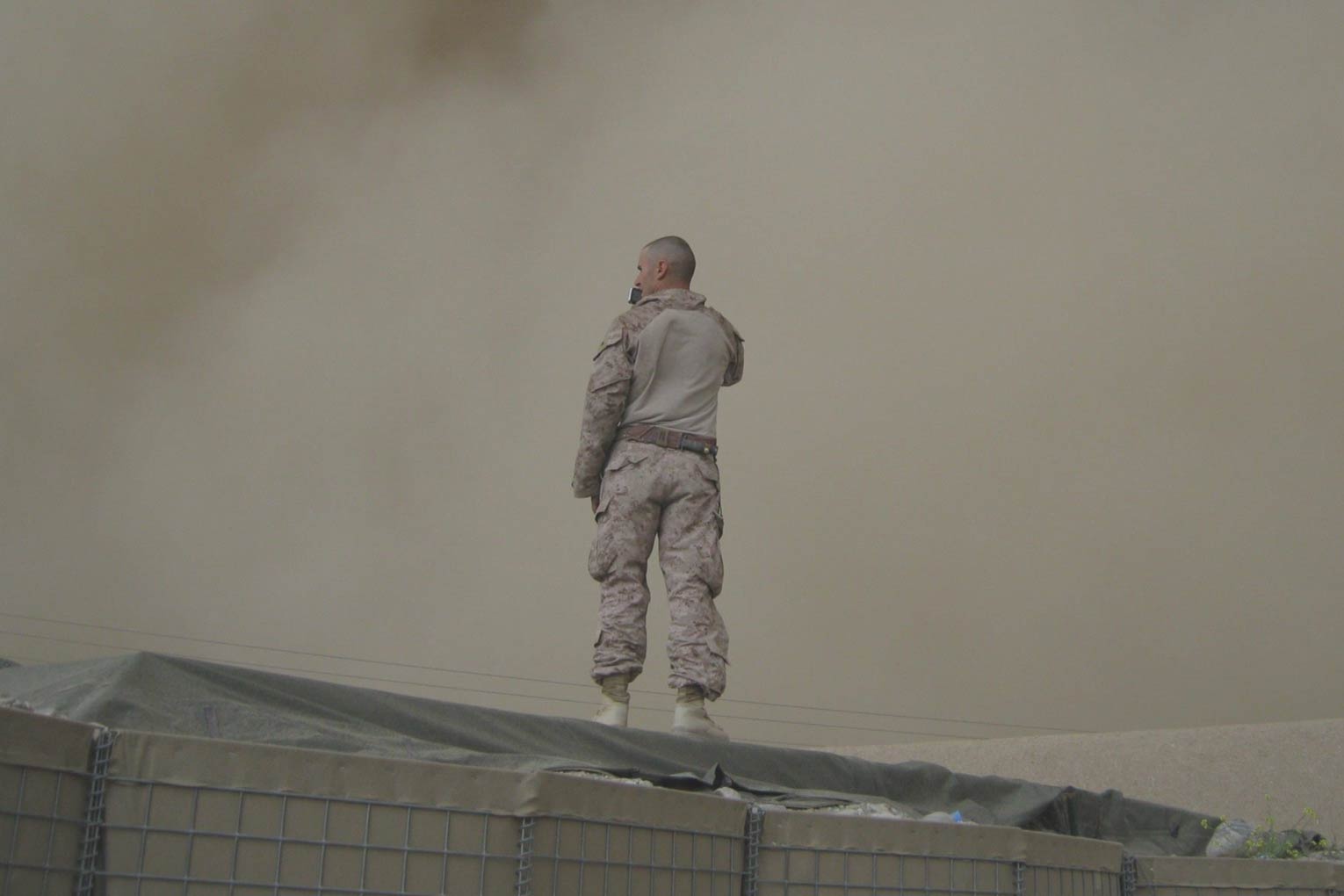
In 1939, C. S. Lewis delivered an address entitled, “Learning in War-Time”[1] to encourage those to persevere in their studies at the advent of World War II. As I read through his comments I was struck by the relevance his words have for those called to ministry but are currently given the assignment to prepare in formal theological education.
The men and women in college and seminary, too, are studying during an ongoing war–a spiritual war–and often the call of the front lines of full time ministry service in contrast to the present semesterly demands strains one to question if he is really in the right place pursing the right things. Whether it is a college student contemplating taking a year off or the seminary student in his fifth semester with what feels like five more to go or the PhD student in dissertation stage feeling the weight of a deadline only he, through writing, can alleviate. For all of these and others like them, C. S. Lewis can help.
At the end of his message, Lewis gave what he called “mental exercises” that served as helpful defenses for the student in his day to resist the enemies of excitement and frustration that a war brought to those trapped in school. These exercises are still immensely helpful for today’s student who is wrestling with the natural pull to abandon their present course of study–even for noble reasons.
Lewis explains that the first enemy to the student is excitement. That is:
“[T]he tendency to think and feel about the war when we had intended to think about our work. The best defense is a recognition that in this, as in everything else, the war has not really raised up a new enemy but only aggravated an old one. There are always plenty of rivals to our work. We are always falling in love or quarreling, looking for jobs or fearing to lose them, getting ill and recovering, following public affairs. If we let ourselves, we shall always be waiting for some distraction or other to end before we can really get down to our work.”
Just as for some in Lewis’ day who had eventually to abandon or postpone their studies in order to serve their country in war, there are some today who do, in fact, need to leave their theological studies for a key ministry opportunity. However, this is not the norm and in my experience observing students rarely is this the wise course and even rarer still does the student who leaves ever complete their degree. The excitement about future ministry always will be there. Better to be prepared so that when in ministry the excitement fades, one has learned well how to persevere.
Lewis’ second enemy facing the student is frustration. That is:
“[T]he feeling that we shall not have time to finish. If I say to you that no one has time to finish, that the longest human life leaves a man, in any branch of learning, a beginner, I shall seem to you to be saying something quite academic and theoretical …. Never, in peace or war, commit your virtue or your happiness to the future. Happy work is best done by the man who takes his long-term plans somewhat lightly and works from moment to moment “as to the Lord”. It is only our daily bread that we are encouraged to ask for. The present is the only time in which any duty can be done or any grace received.”
The one lesson best learned during theological preparation is the secret of being content (Phil 4:11-12). Frustration is a natural part of any long term study and will come and go with frequency, but such is also the case in ministry. Staying the course now and seeing a degree through to the end only helps the student know better how to find happiness and peace in the long term work that God has for him in the future.
As Lewis reminded in an earlier part of his lecture, there is a solution for those who feel caught in the paradox of being called to serve but who are still in a path of preparation: 1 Cor 10:31. Paul says to the Corinthians, “whether you eat or drink, or whatever you do, do all to the glory of God.” The answer is likely not quitting or delaying, but rather continuing and plodding with the persevering strength He provides, content that you are, today, exactly where you are supposed to be and this is pleasing to God, and that is contentedly enough. Tomorrow can be anxious for itself–for it will still be war-time (Matt 6:34).
[1] C. S. Lewis, “Learning in War Time,” in The Weight of Glory and Other Addresses (1949).

